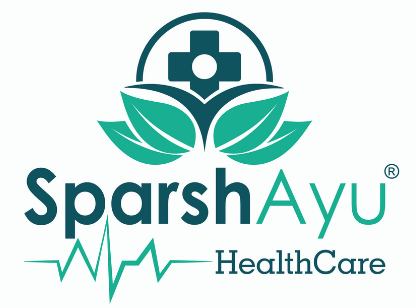Introduction to Vitamin B12
Vitamin B12 is a vital that plays a crucial role in maintaining overall. It is a wateroluble vitamin that is essential for various bodily functions, including red blood cell formation, neurological health, and DNA synthesis. While our body cannot produce Vitamin B12 on its own, it is important to ensure an adequate intake of this nutrient through diet or supplements.
What is Vitamin B12
Vitamin B12, also known as cobalamin, is a nutrient that is essential for the proper functioning of our body. It is involved in various metabolic processes and has a key role in maintaining the health of our nerves and cells.
Sources of Vitamin B12
Dietary sources of Vitamin B12 include animal products such as meat, fish, eggs, and dairy products. Plant-based sources of Vitamin B12 are limited, which is why vegans and vegetarians may need to consider supplementation or fortified foods to meet their Vitamin B12 requirements.
Importance of Vitamin B12 in the Body
Vitamin B12 is crucial for several important functions in the body, including the formation of red blood cells, neurological health, and DNA synthesis. A deficiency of Vitamin B12 can lead to a range of health issues, making it essential to maintain optimal levels of this nutrient.
Functions of Vitamin B12 in the Body
- Formation of Red Blood Cells
- Neurological Health
- DNA Synthesis and Cell Division

Deficiency of Vitamin B12
Vitamin B12 deficiency can have serious consequences for our health, leading to symptoms such as fatigue, weakness, and neurological problems. Some common causes of Vitamin B12 deficiency include poor dietary intake, malabsorption issues, and certain medical conditions. Individuals at a higher risk of developing Vitamin B12 deficiency include older adults, vegetarians, and individuals with certain gastrointestinal disorders.
Health Benefits of Vitamin B12
- Improved Energy Levels
- Support Cognitive Function
- Promote Healthy Hair, Skin, and Nails
How to Ensure an Adequate Intake of Vitamin B12
To maintain optimal levels of Vitamin B12, it is important to include sources of this nutrient in your diet and consider supplementation if needed. Some ways to ensure an adequate intake of Vitamin B12 include:
- Dietary Sources of Vitamin B12: Include animal products like milk in your diet.
- Supplements for Vitamin B12: Consider Vitamin B12 supplements if you have difficulty meeting your requirements through diet alone.
- Recommended Daily Intake of Vitamin B12: The recommended daily intake of Vitamin B12 varies by age and gender, so it is important to consult with a healthcare provider to determine the right amount for you.
Conclusion
Vitamin B12 plays a crucial role in maintaining overall health, including red blood cell formation, neurological function, and DNA synthesis. Deficiency of Vitamin B12 can lead to a range of health issues, from fatigue to neurological problems. Ensuring a sufficient intake of Vitamin B12 through diet and supplements is essential for optimal health.
To Consult with Ayurvedic Health Expert ,just Book An Appointment at +91 8256003636




